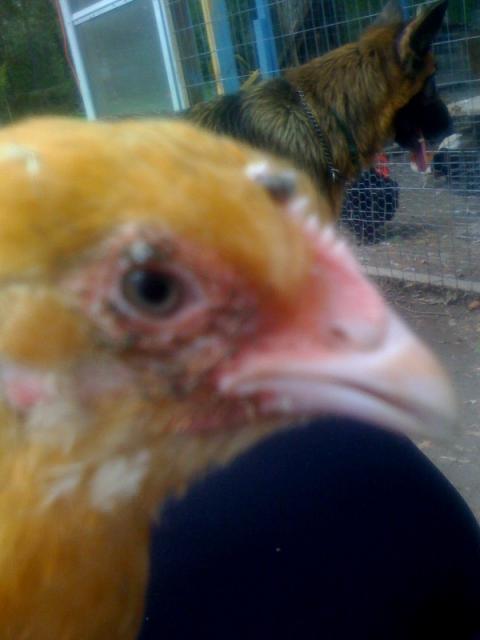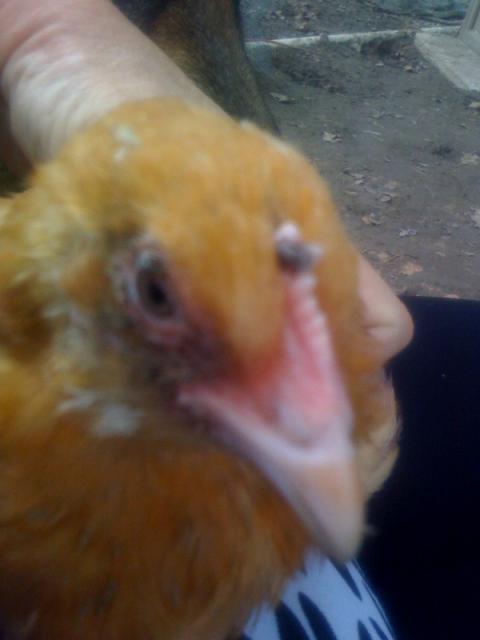I'm posting this for a friend. This is her 7 1/2 week-old buff orpington pullet. She just discovered these bumps this afternoon. No discharge of any kind that i know of.




Follow along with the video below to see how to install our site as a web app on your home screen.
Note: This feature may not be available in some browsers.


